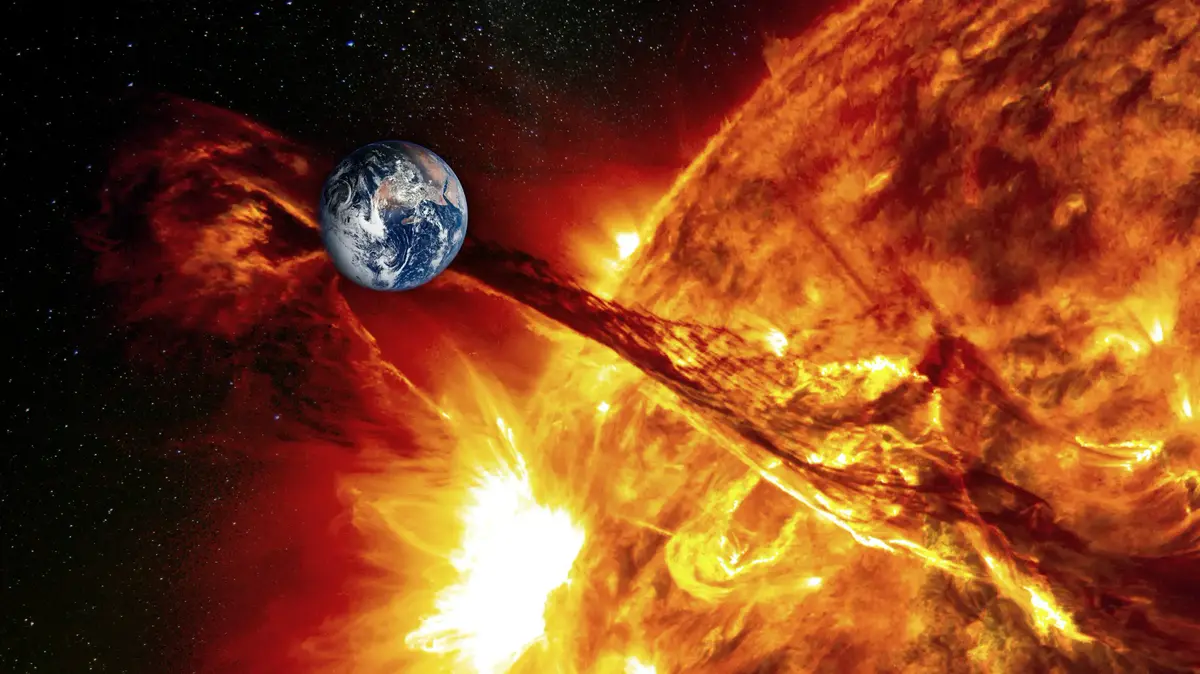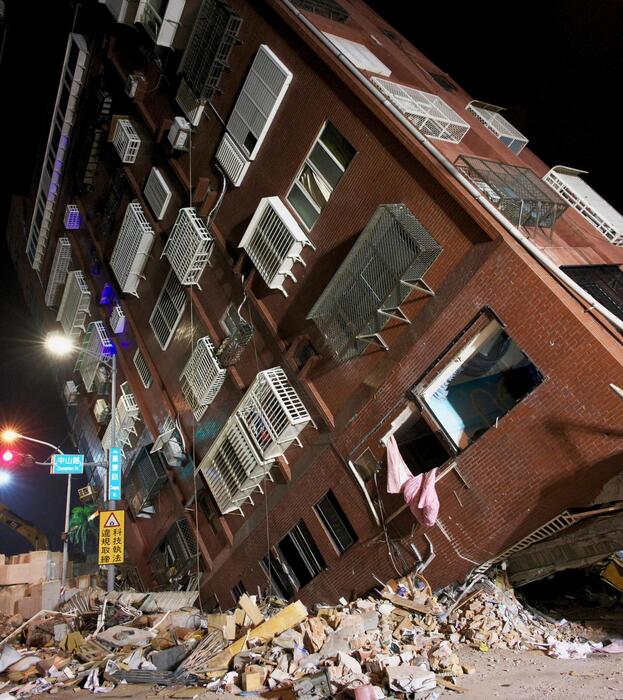The "A68a" is a natural spectacle - which could turn into a natural disaster.
An expert paints an unpleasant scenario that could last ten years.
An
iceberg is
currently drifting towards the South Georgia archipelago in the Atlantic.
"A68a", as the ice mass is called, measures around
4200 square meters
.
An
impact would be devastating
for the
wildlife
in the region.
Cambridge - The story of
“A68a”
begins in mid-2017. At that time, the
iceberg
baptized with this name detached itself
from the Antarctic ice - and has not only fascinated polar explorers ever since.
In
an interview with the BBC, expert Andrew Fleming called it
"spectacular"
, given the size.
The iceberg measures just under 4,200 square kilometers.
But now the monster is heading for the archipelago of
South Georgia
(about 1400 kilometers east of the Argentine coast) - and could
endanger
numerous
penguins
and
seals
.
According to
the
BBC
report,
the iceberg is only a few hundred kilometers
away.
Iceberg # A68a (Lower left) and South Georgia (upper right) seen by @NOAASatellites GOES-16 a few days ago.
This iceberg has been drifting around the South Atlantic for several years, and is now slowly approaching South Georgia: https: //t.co/QFUzTwwmrr pic.twitter.com/BSSdRcyRIH
- Simon Proud (@simon_sat) November 9, 2020
Giant iceberg threatens penguins and seals - experts believe it will be harmed for a decade
"An accruing iceberg would have massive consequences for the wildlife there," said Professor Geraint Tarler of the British polar research program
"British Antarctic Survey" (BAS)
the broadcaster.
“When animals such as penguins or seals are breeding or raising their young, it depends on the distance they have to cover to find food.” An iceberg would make it extremely difficult for the species to get hold of fish or krill.
It is true that an ecosystem can recover from such an incident.
But Tarling thinks it is possible that the iceberg could
get caught in one of the islands
for up to
ten years
.
"That would not only
affect
flora and fauna, but also the
economic system of
South Georgia."
A @CIMSS_Satellite Blog posting on the # A68 iceberg: https://t.co/LZFJWjrgRm # GOES16 / #GOESEast animation (for 2020): https://t.co/3V5ZWWIPHj @NOAASatellites @UWCIMSS #Antarctica @usnatice pic. twitter.com/N4AFj8wcxM
- Tim Schmit (@GOESguy) April 1, 2020
Iceberg "A68a": Memories of the coastal disaster of 2004 are awakened
In addition, there is no question that the
impact of
the iceberg
alone
would be
devastating
: it
would destroy
all living beings on the
seabed
there.
When the iceberg “A38” hit the southern Georgian coast in 2004,
“countless”
penguins and seals
were lying on the beaches
, according to the
BBC
.
(frs)
* Merkur.de is part of the Ippen-Digital editorial network.
List of rubric lists: © Projectmidas / NASA / dpa














